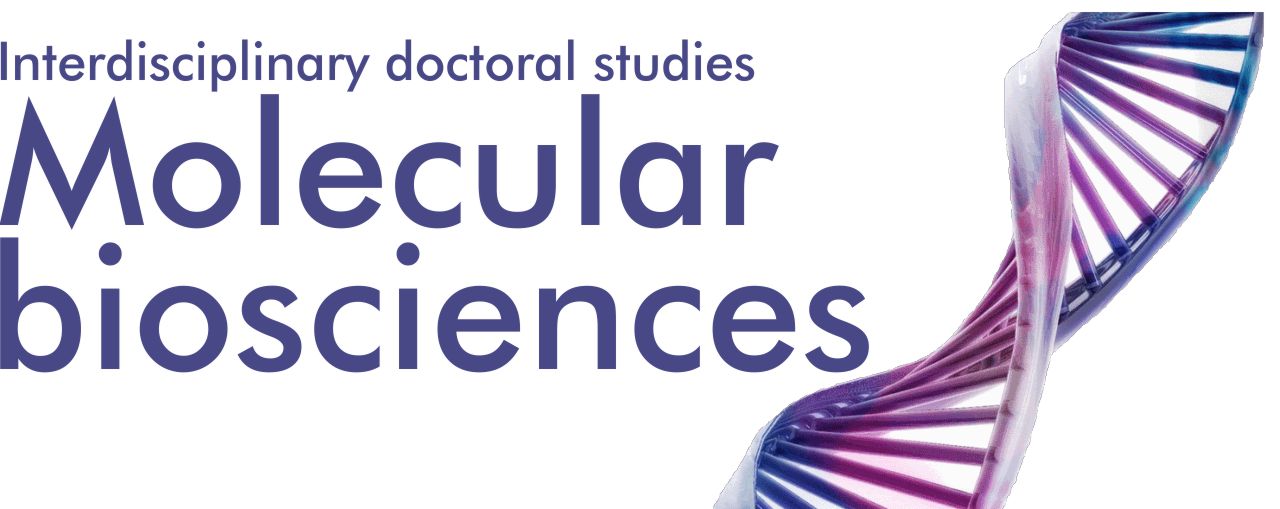| Cipher: |
1113 |
| Nomenclature: |
Laboratory animals and biomedical research |
| Study programme: |
Molecular biosciences |
| Module: |
elective course (methodological) |
| Case holder: |
The headline izv.prof.dr.sc. Ranko Stojković, ZN. adviser
|
| Institution of the case holder: |
Rudjer Boskovic Institute, Zagreb
|
| Contributors - Contractors: |
|
| Subject status: |
Electoral College |
| The year in which the case is submitted: |
Year I |
| The semester in which the case is submitted: |
Semester I |
| Subject objective: |
Understand biomedical research on laboratory animal models from knowledge of different animal models to their keeping, planning and conducting experiments while ensuring animal welfare to applying relevant legislation.
|
| Case contents: |
- Introduction to the science of laboratory animals
- The importance of animal models in biomedical research and the ethics of the use of laboratory animals
- The most common laboratory animals and their biological characteristics
- Genetically standardized, microbiologically standardized and physiologically damaged laboratory animals and their use in biomedical research
- Overview of positive legislation in the Republic of Croatia and the EU related to breeding keeping and working with laboratory animals used in biomedical research
- Development of a experimental protocol for working with laboratory animals through critical analysis of a scientific article in the field of laboratory animal science (Journal club)
- Alternatives to the use of laboratory animals through critical analysis of a scientific article in the field of laboratory animal science (Journal club).
- Visit to the animal unit of the institute "Ruđer Bošković and work with laboratory animals (marking animals, determination of sex, application of drugs (ip,sc.ig,iv), presentation of different ways of blood sampling in laboratory animals, analgesia, anesthesia and euthanasia of laboratory animals)
|
| Learning outcomes: competences, knowledge, skills that the subject develops: |
1. Analyse the benefits of an individual animal as a model for biomedical research.
2. Critically judge the advantages, disadvantages and need of extrapolations of animal experiments to humans.
3. Choose the correct animal model for individual biomedical research.
4. Design and conduct experiments based on animal models and properly extrapolate the obtained results.
|
| ECTS Credits |
4 |
| Lectures |
5 |
| Seminars (IS) |
5 |
| Exercises (E) |
15 |
| Altogether |
25 |
| The way of teaching and acquiring knowledge: |
Students are obliged to attend classes, and prepare and exhibit seminar work
|
| Ways of teaching and acquiring knowledge: (notes) |
|
| Monitoring and evaluating students (mark in fat printing only relevant categories) |
Attendance, Teaching activities, Exercise or case study |
| Rating method: |
Written exam, Oral exam |
| Mandatory literature: |
- Guide for the Care and Use of Laboratory Animals: Eighth Edition, 2011
- W.M.S. Russell and R.L. Burch The Principles of Humane Experimental Technique
- Fox JG, Anderson LC, Loew FM, Quimby FW (2002) Laboratory Animal Medicine 2nd ed. Academic Press, Elsevier Science (USA).
- Liggitt HD. Laboratory Animals: Alternatives To Traditional Use, Laboratory Animal Medicine and Sciences - Series 11 (2000).
- Harkness IS, Vagner JE, 1995. The Biology and medicine of Rabits and Rodents (1995) Williams and Wilkins (USA).
- Collection of laws and bylaws of the Republic of Croatia and the EU regulating the work with laboratory animals used in biomedical research. The collection is refreshed every year so that students get a glimpse of the current legislation.
- All necessary mandatory literature will be received by the participants from the subject manager during the course through the cloud.
|
| Supplementary (recommended) literature: |
The latest scientific and review papers in the field of experimental animal science.
All the necessary additional literature will be received by the participants from the subject manager during the course through the cloud.
|
| How to monitor the quality and performance performance (evaluation): |
The success of the course will be evaluated annually by the joint expert committee of the Ruđer Boskovic Institute, the University of Dubrovnik and the University of Josip Juraj Strossmayer in Osijek based on exam success and surveys.
|
